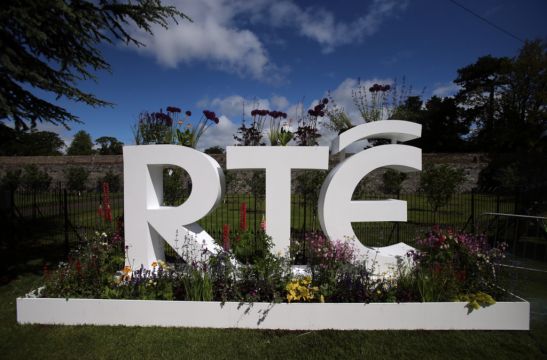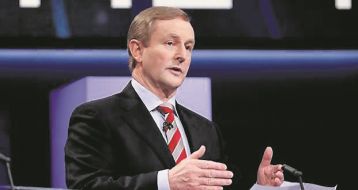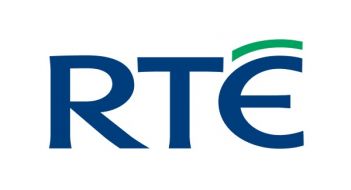RTÉ will face “a material uncertainty” about its capacity to provide its current level of services in the medium-term unless its broken funding model is addressed “quickly and definitively”, according to RTÉ chairperson, Moya Doherty.
As the Irish Examiner reports, the warning by the head of the RTÉ board is contained in the station’s just-published annual report.
Ms Doherty remarked: “RTÉ cannot run deficits indefinitely. That much is clear. The current funding model is broken.”
The latest accounts show commercial revenue at the Montrose broadcaster declined by €4.2m to €145.8m in 2019 which RTÉ attributed to “Brexit uncertainty” curtailing expenditure on advertising as well as changes in media consumption habits.
However, licence fee income rose by €7.2m to €196.3m as a result of a €8.9m increase in public funding for “free” TV licences, although income from paid TV licences continued to decline with evasions levels estimated at 13 per cent.
RTÉ claimed such levels were significantly higher than the UK and other European countries, while collection costs were more than double that of some other public service broadcasters in Europe.
Public service broadcasting
Commenting on the figures, Ms Doherty said having a strategy for the survival of public service broadcasting became even “more real and essential” during 2019.
The RTÉ chairperson also made a thinly-veiled criticism of Government promises to reform what she described as “the broken TV licence collection system which more than any other factor threatens RTÉ’s role and future sustainability.”
She claimed it was a year when “we came face to face with how a lack of funding reform and legislative planning is threatening a public service platform that is central to our sense of selves, communities, our cultures and our global voice.”
However, Ms Doherty welcomed the Government’s decision to increase State funding for RTÉ in 2020 and to establish a commission on the future of public service broadcasting.
Ms Doherty said the RTÉ board had promoted public awareness of the challenges which the station faced which were grounded in a recognition that media is a complicated sector in which collaboration is essential.
“Legislative legacy and established RTÉ structure complicated the emergence of practices appropriate to this new order,” she observed.







